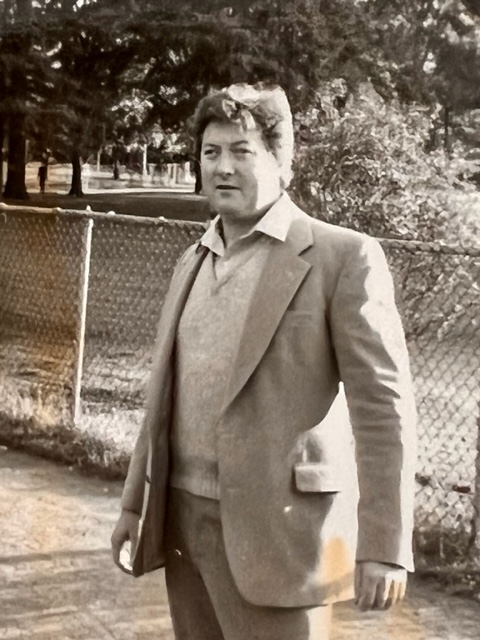Robert Stallman
2023 Posthumous Legacy Award
Robert Stallman (June 12, 1946–May 12, 2019) was the quintessential musician, a powerhouse flutist who loved all aspects of music. Always in search of new repertoire to augment the limited flute repertoire, he never shied away from arranging violin or operatic pieces - anything that pleased the musical heart, regardless of what the purists might say.
Stallman was a highly-active American classical flutist, arranger, and educator of enormous talent. A student of David DeWitt, then New England Conservatory’s James Papputsakis, he received his bachelor’s in 1968, as well as the school’s top prize, the Chadwick Medal. He then became a Fulbright Scholar to further his studies with Jean-Pierre Rampal, Alain Marion, and Gaston Crunelle in Paris from 1968 to 1969. He returned to N.E.C., earning his master’s, magna cum laude, in 1971.
Driven by this insatiable desire, he informed it all with magnificent sound, always conveying wonderful colors, sensitive emotion, and stylistic perfection. Stallman was a man on a mission, inspired first and foremost by the binding love of our musical heritage and his desire to illuminate it, to expand the comparatively small repertoire for his beloved flute.

Photo by Kathleen Wilson
His wife, Hannah Woods, quietly supported him in his many projects, including 20 years directing chamber music at the Marblehead Summer Music Festival and his numerous performance trips to Europe, Mexico, South America, Japan, and China. Stallman said that “Marrying Hannah was the best thing I ever did! She has graced my life for more than half my years.” Hannah helped with communications involving multiple premieres of new works and over 100 Stallman editions released with eight different publishers. She also became his trusted ears in the recording studio as co-producer for many of his 24 recordings.
He held several positions in US music schools: He was named adjunct lecturer in 1978 at N.E.C. when chosen by Pappoutsakis to be his successor there, taking over his large studio for three years. Later he held positions at Longy School, Boston Conservatory, Aaron Copland School of Music/CUNY, and Manhattan School of Music.
Following in the footsteps of Rampal, Stallman attracted audiences comparable to virtuoso violinists and pianists. “The flute is only a means to convey music,” he said. “What is important is making music. If there's something in me that is stronger than my body, that inner spark will do justice to the composer and bond the souls of the listeners. Without inspiration, those sensibilities cannot be reached…. Music happens only once. It is a transitory art, unlike paintings which can be viewed often.”
Read Robert Stallman's The Flutist Quarterly tribute here.
- Convention
- Scholarships & Competitions
- Resources & Publications
- Programs
-
Committees
- About Our Committees
-
Committee Webpages
- Career and Artistic Development Committee
- Flute Clubs Committee
- Global Flutes Committee
- Historical Flutes Committee
- Idea Committee
- Jazz Flute Committee
- Low Flutes Committee
- New Music Advisory Committee
- Pedagogy Committee
- Performance Health Care Committee
- Research Committee
- Special Publications Committee
- NFA Committees Blog
- Committee Web Presence Guidelines
- Giving
- About
- Community
- PayPal
- United States Armed Forces Ensemble